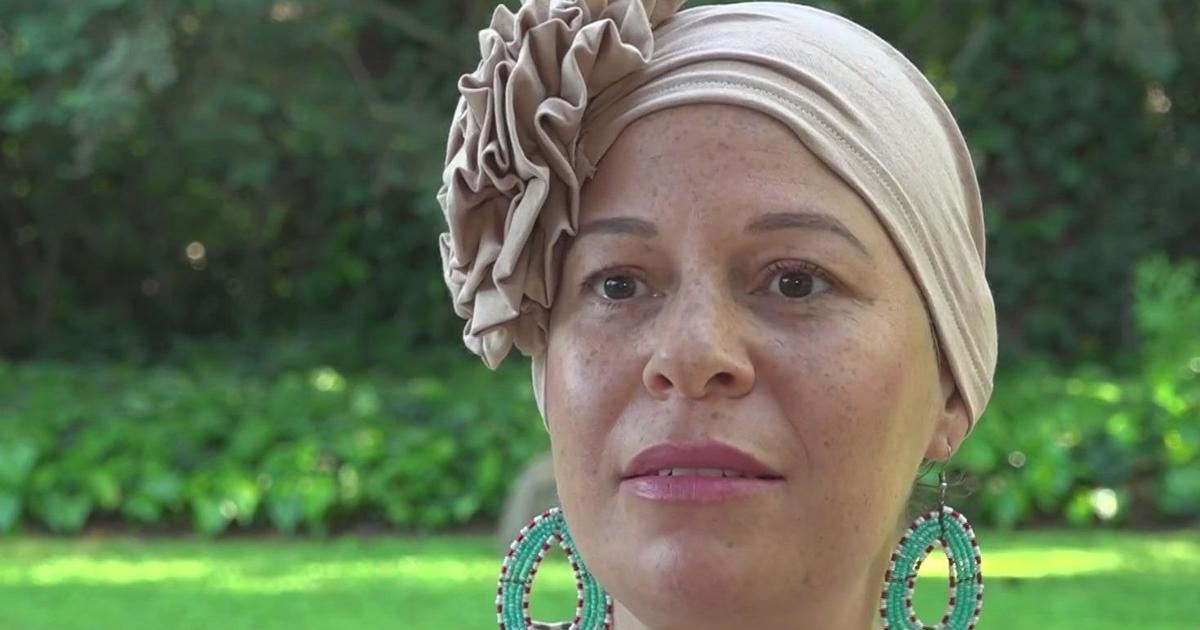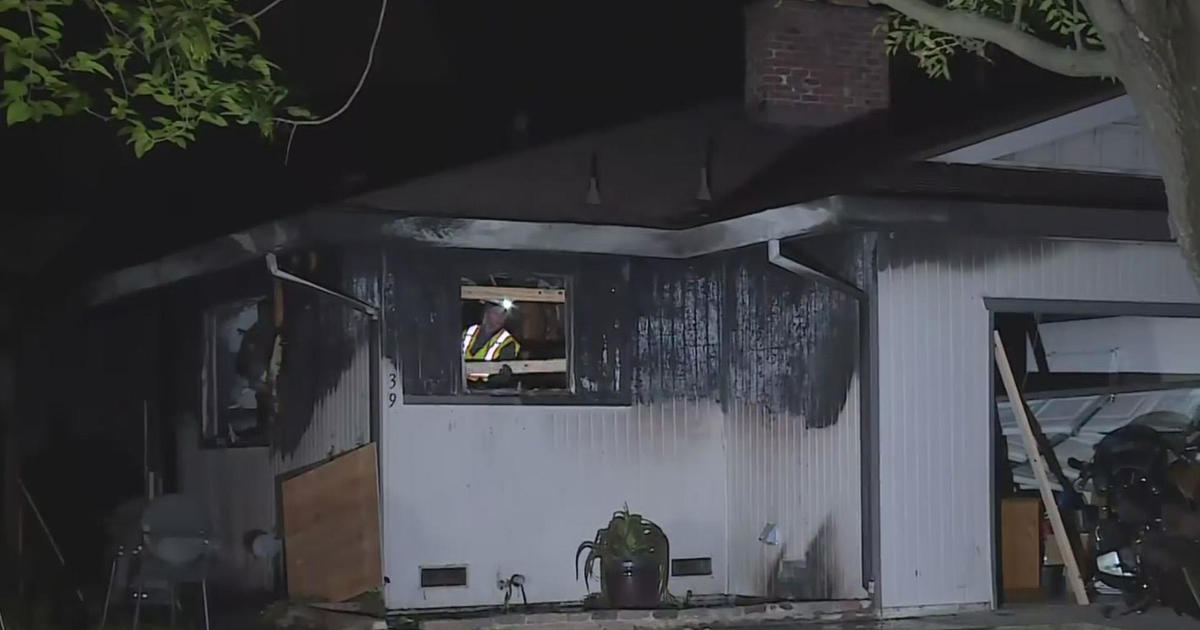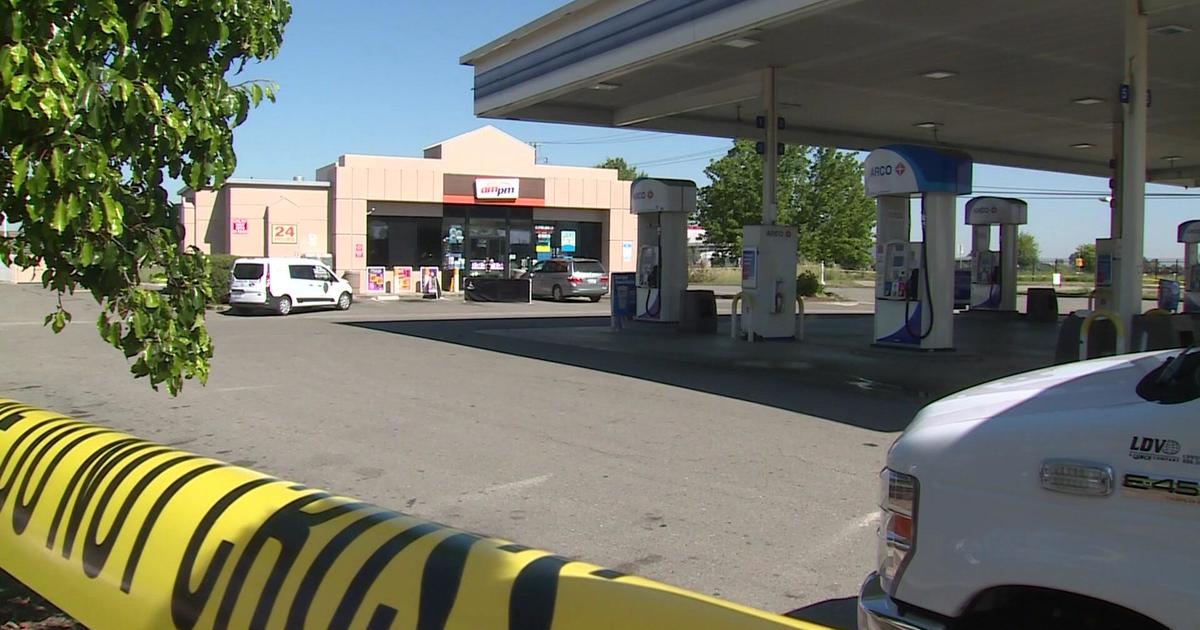Call Kurtis: Debt Collection Scam
The FBI is warning consumers of a scam which involves high-pressure calls from people asking you to pay a debt you never really had. Multiple viewers called Kurtis Ming after they say they got calls from the scammers. The callers sound legit. They usually have all your personal information, including your social security number. So how do you tell a real collector from a fake?
Alicia Samaniego of Roseville and Rayna Septinelli of Sacramento both say they were bombarded by very similar calls from people, posing as collectors and pressuring them to pay hundreds of dollars on old payday loans.
"It was very high pressure, very stressful," says Alicia.
Both women say they were told they'd be locked up if they didn't pay.
"That I was going to go to jail because I was a criminal," says Alicia.
Rayna says, "He started threatening to bring the police, law enforcement to my job."
"I don't remember even having this loan," says Alicia.
That's because neither woman did. But the callers wouldn't give up. They even had their addresses, bank account information, and social security numbers.
"It all sounded very official," says Alicia.
"We call these loosely mass marketing scams," says FBI Special Agent Steve Dupre.
Dupre says these scammers claiming to be from pay day loan companies are trying to extort you out of your money. There are red flags.
"The urgency and the immediacy of the attempted collection should be a clue," says Dupre.
Aside from relentless pressure, it's easy to know if the collector is real. According to the FTC's Fair Debt Collections Practices Act, every collector must send you a written "validation notice" telling you how much money you owe within five days after they first contact you. Debt collectors also are prohibited from saying that you will be arrested if you don't pay your debt. And debt collectors can't harass you in general or use profanity.
Alicia didn't give in to the scammers. But after a stressful, two-hour call Rayna did. She paid $100 with her credit card.
"It all kind of clicked in a little bit later that something wasn't right. But at that moment, I was just trying to fix it," says Rayna.
Fortunately, her credit card company helped her cancel her card and returned her $100.
It's up to you to protect yourself. There are so many crooks out there, law enforcement doesn't have the time and resources to keep up.
"If we can identify one source, or one fraudster or one scamster that is creating a great deal of loss, they can then refer that out to a particular law enforcement agency in that area for further investigation and hopefully prosecution," says Dupre.
The fact is few police departments will investigate this sort of thing. It takes too much time and money, and it's often hard to catch the scammers who are usually out of the country. The FBI has a page dedicated to fielding these complaints: www.ic3.gov.



